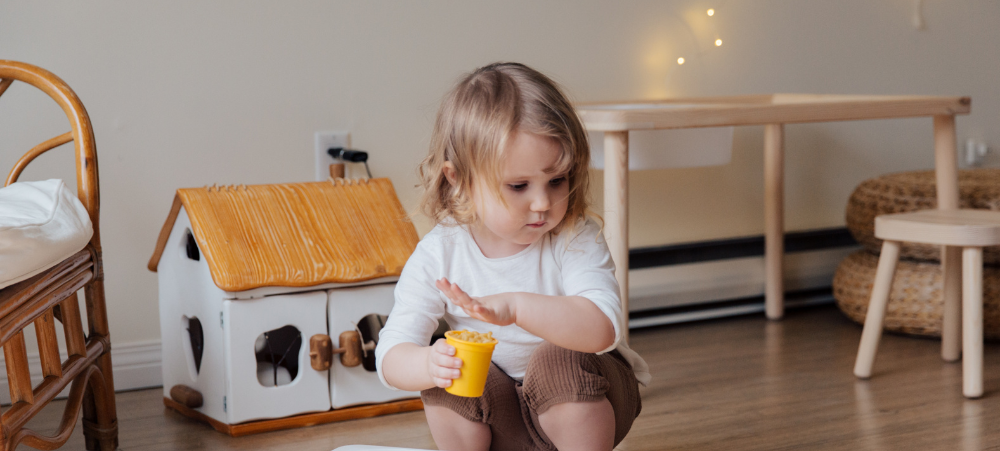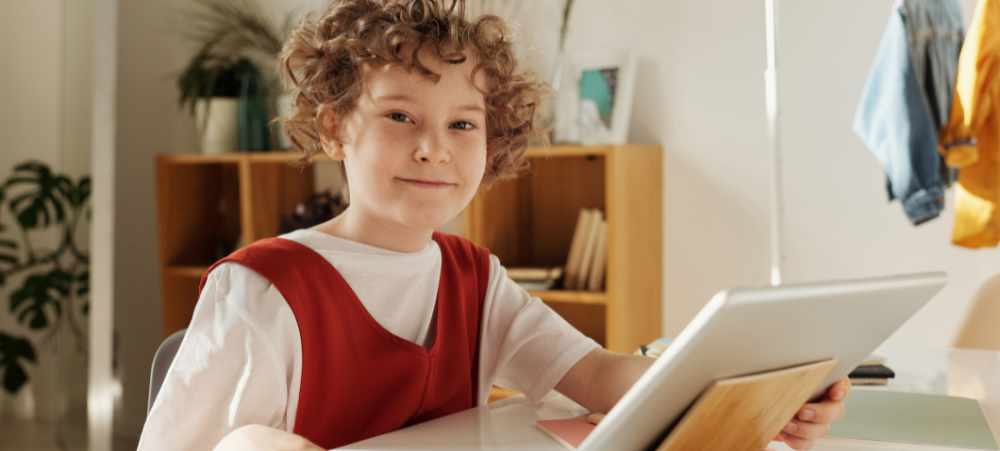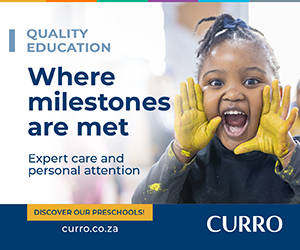
The impact of Parental Involvement on a child’s education
Early years: 3-7 Parental involvement influences cognitive development, literacy (reading, spelling, writing) and number skills. Ages 7-16 Parental involvement influences learner achievement more than family background, parental education or socio-economical factors do. Parental involvement plays an essential role- in a child’s development and success. Research has consistently shown that children whose parents are involved in their education tend to achieve better academic results, show a positive attitude towards homework and school in general, school attendance is more regular, they have better social skills and show improved behavior at school. There are two kinds of parental involvement: Parental activity and participation; doing something that is observable e.g., serving on committees, assisting with functions and attending school events. Parental support of their individual children at home and school. Early involvement includes activities such as having fun, playing, physical activities (e.g. riding bikes, ball games), reading, teaching songs and rhymes, painting and drawing. Visiting interesting educational places such as an aquarium, the planetarium, Sci-Bono and the transport museum makes learning exciting. It does not only build vocabulary but stimulates the minds of children and gives them a frame of reference when they discuss topics at school. This involvement sends a message that education is important and they are more likely to take it seriously. Do not underestimate discussions around the dinner table, where matters of the day are discussed, debated and shared. Positive parents listen, guide and ask the correct questions to stimulate the enquiring minds, to encourage and support them and to be sympathetic to their social and academic learning experiences. When parents show an interest in their child’s life, they can provide emotional support and help their child develop coping skills to manage stress. What kind of parental involvement is necessary to assist with schoolwork and homework? Routines are important. Specific times must be allocated to do homework. A designated place with little distraction is important. Check the homework diary daily. Younger children need frequent support. Older children need support e.g., with projects (see that they have the necessary equipment in time). Sometimes children might request assistance with test or exam preparation. Research has indicated that parental support towards autonomy is associated with higher test scores than direct assistance where children become dependent on parents all the time. Parents are there for support, motivation and to monitor. Parents who are involved and stay committed throughout their children’s school career by encouraging and supporting them are helping to shape their future and give them a head start in life. Witten by Dr Leone Roux (Head of Psychology and Educational Psychologist Glenoaks Remedial & Vocational School) and Haneline Connoway (Educational Psychologist and Parental Support Glenoaks Remedial & Vocational School).



































